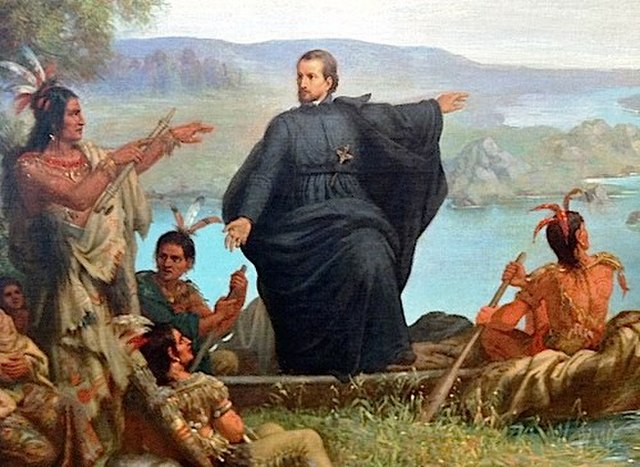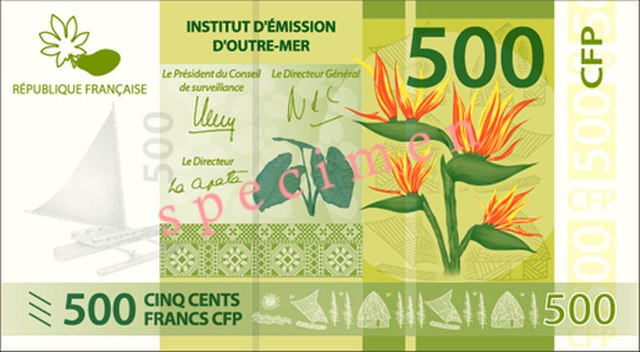Louisiana or French Louisiana was an administrative district of New France. In 1682 the French explorer René-Robert Cavelier, Sieur de la Salle erected a cross near the mouth of the Mississippi River and claimed the whole of the drainage basin of the Mississippi River in the name of King Louis XIV, naming it "Louisiana". This land area stretched from the Great Lakes to the Gulf of Mexico and from the Appalachian Mountains to the Rocky Mountains. The area was under French control from 1682 to 1762 and in part from 1801 (nominally) to 1803.
The Mississippi River basin and tributaries
Jacques Marquette
Claiming Louisiana for France in 1682
Jean-Baptiste Colbert
French is a Romance language of the Indo-European family. It descended from the Vulgar Latin of the Roman Empire, as did all Romance languages. French evolved from Gallo-Romance, the Latin spoken in Gaul, and more specifically in Northern Gaul. Its closest relatives are the other langues d'oïl—languages historically spoken in northern France and in southern Belgium, which French (Francien) largely supplanted. French was also influenced by native Celtic languages of Northern Roman Gaul like Gallia Belgica and by the (Germanic) Frankish language of the post-Roman Frankish invaders. Today, owing to the French colonial empire, there are numerous French-based creole languages, most notably Haitian Creole. A French-speaking person or nation may be referred to as Francophone in both English and French.
Distribution of native French speakers in 6 countries in 2023
The "arrêt" signs (French for "stop") are used in the province of Québec, Canada while the English stop, which is also a valid French word, is used in France and other French-speaking countries and regions.
Town sign in Standard Arabic and French at the entrance of Rechmaya in Lebanon
A 500-CFP franc (€4.20; US$5.00) banknote, used in French Polynesia, New Caledonia and Wallis and Futuna








